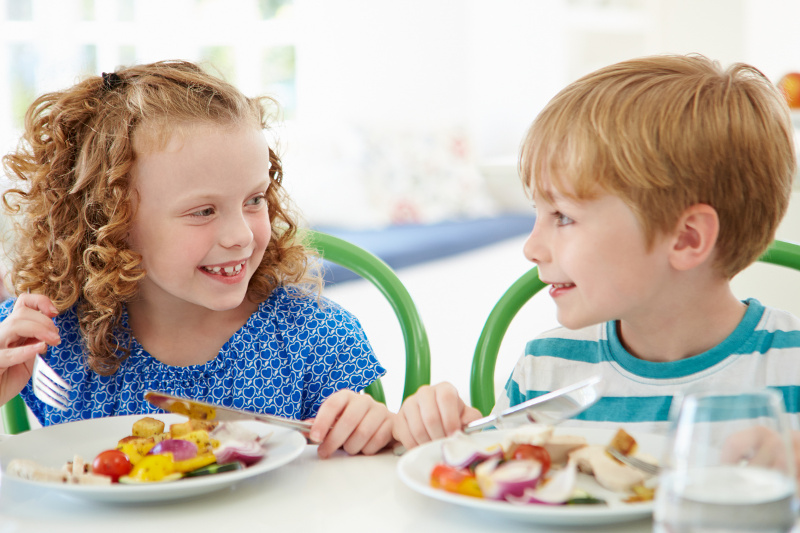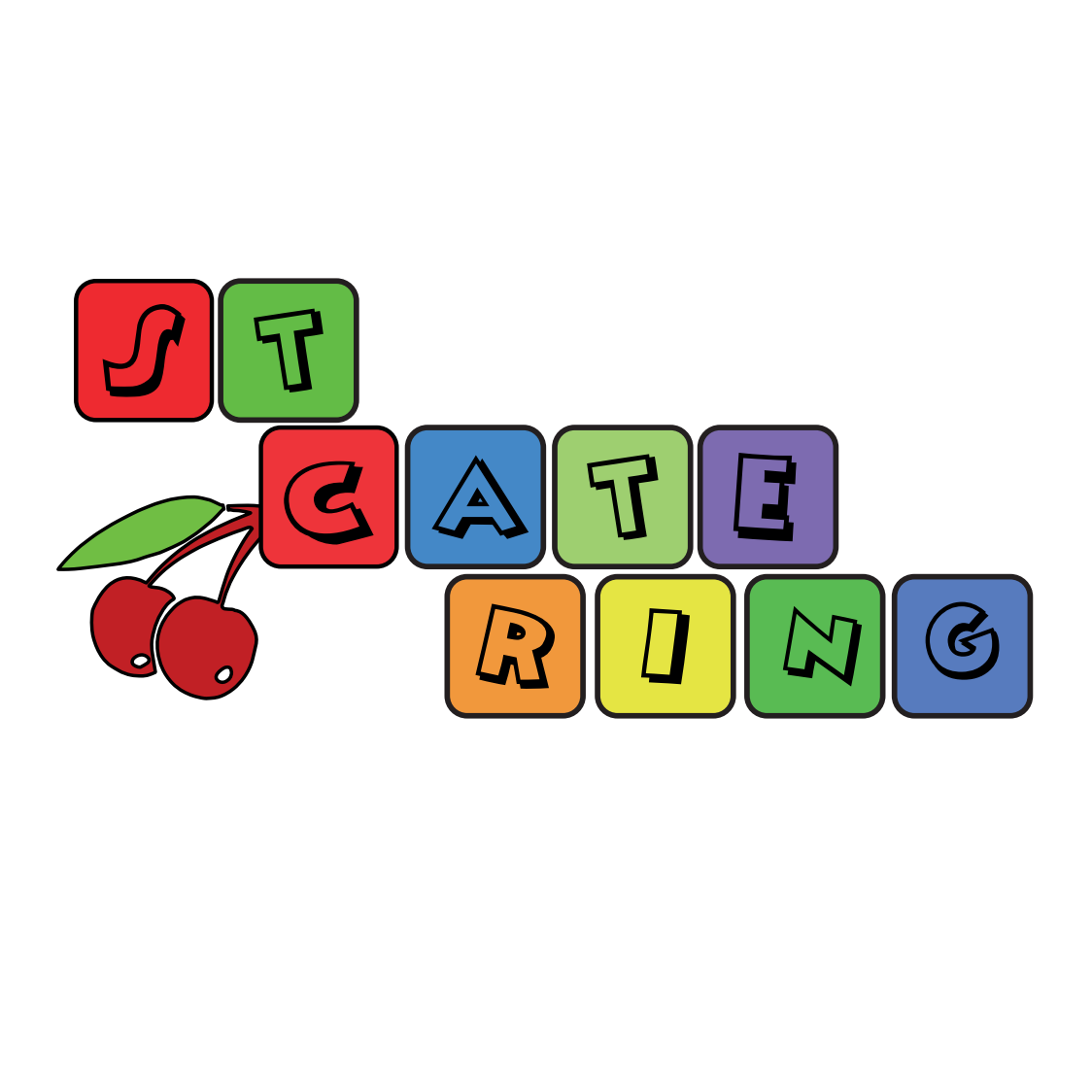Eating Habits
1. Daily meals- 3-4 meals daily and served regularly
2. Dishes served in small portions, deterring the child from leaving residue on the plate
3. No sweets between meals, to maintain a healthy appetite
4. We do not scold children for too eating too slow or not eating
5. We care about the aesthetic appearance of the table, child’s appetite, and quality of given meals
The main meal of the day consists of cooked soup (choose from, solely vegetable or meat and vegetable broth), a second course (dishes stewed, boiled and fried or only stewed and boiled) and kompot (stewed fruit drink) prepared with seasonal fruits or frozen (in winter ) and sweetened with stevia, sugar or naturally sweet.
Menus are balanced and tailored to the needs of each child individually, ie.
dairy-free
egg-free
gluten-free
vegetarian and other
Most diets do not come with an extra charge.
Menus are tailored to the child’s age, in terms of digestibility, nutritional value, and aesthetic values. Composing of an intriguing selection of products, and using varied processing methods we create imaginative compositions. This way we encourage each preschooler to try different foods.
Throughout the day, drinks are at the disposal of the children ie. water, fruit teas, and natural vegetable and fruit juices.
Children’s satisfaction is a priceless value to us.
dairy-free
egg-free
gluten-free
vegetarian and other
Most diets do not come with an extra charge.
Menus are tailored to the child’s age, in terms of digestibility, nutritional value, and aesthetic values. Composing of an intriguing selection of products, and using varied processing methods we create imaginative compositions. This way we encourage each preschooler to try different foods.
Throughout the day, drinks are at the disposal of the children ie. water, fruit teas, and natural vegetable and fruit juices.
Children’s satisfaction is a priceless value to us.



